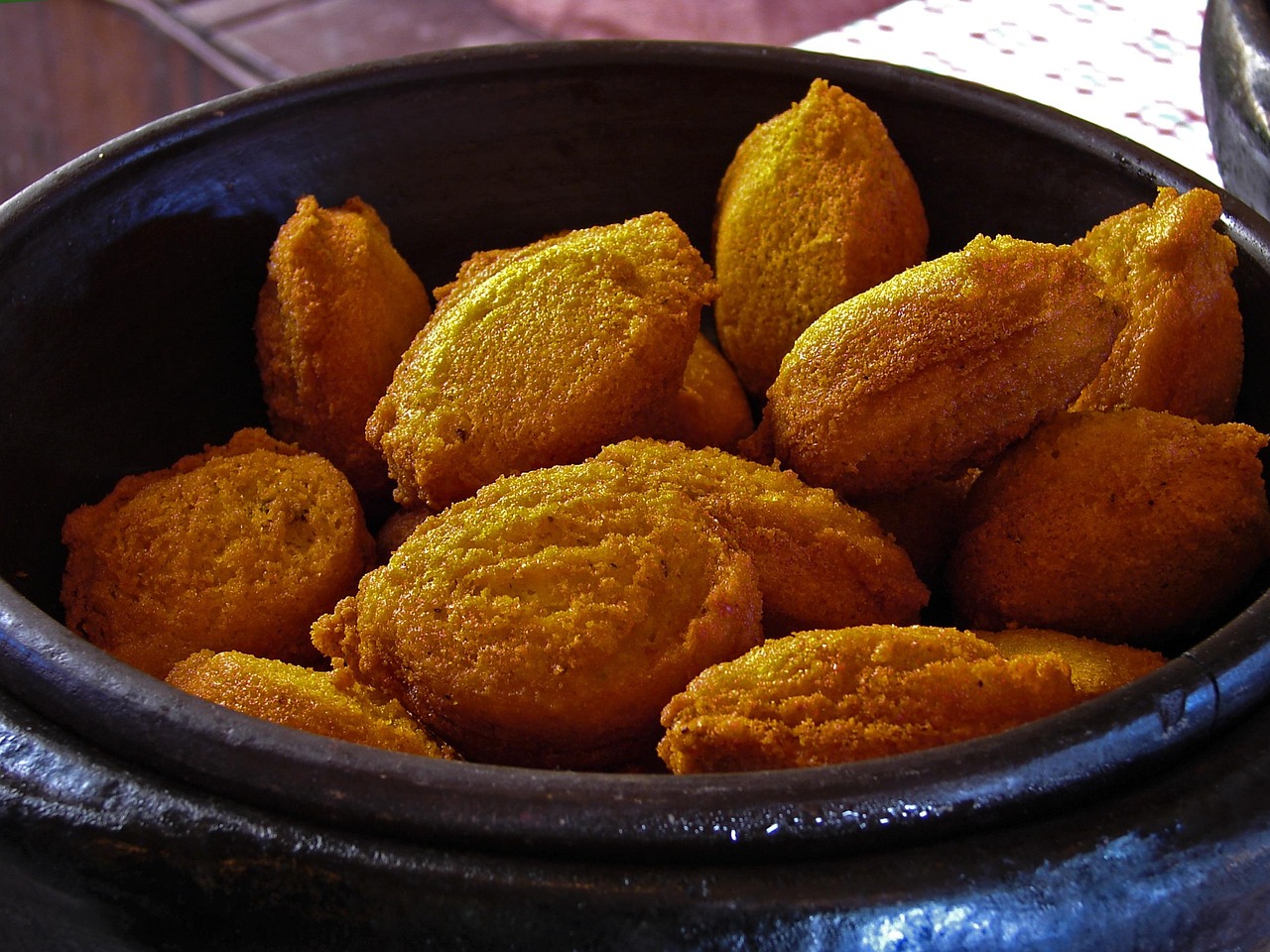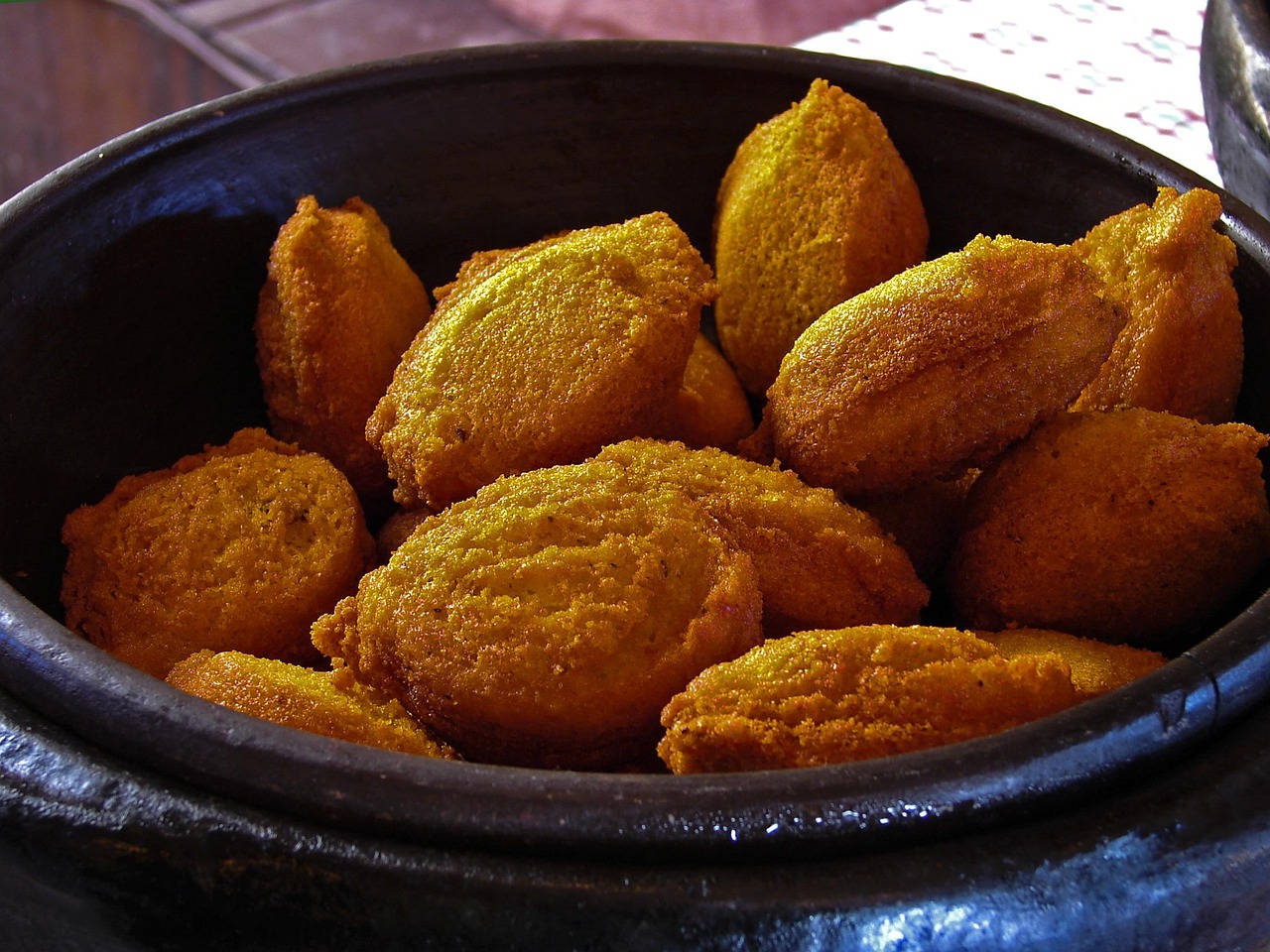Introduction
Food is not just sustenance; it is a language that speaks volumes about a culture's history, traditions, and social dynamics. As high school students, we are at a unique crossroads where we can appreciate the diversity of global food cultures and understand how they shape our world. This essay delves into the intricacies of food culture, exploring its significance and the ways in which it enriches our lives.
The Cultural Significance of Food
Food is a universal experience that transcends borders and languages. It is a cultural artifact that carries the essence of a people's identity. For instance, the traditional Japanese sushi is not just a dish; it is a culinary art form that reflects the country's respect for nature and its resources. Similarly, Italian pizza, with its simple yet harmonious blend of ingredients, embodies the Italian philosophy of "la dolce vita" – the sweet life.
The Role of Food in Social Interactions
Food plays a pivotal role in social bonding and community building. A family dinner in China, centered around a hot pot, is more than a meal; it's a gathering that fosters togetherness and communication. In many cultures, such as in Mexico, the act of sharing food is a gesture of hospitality and friendship, as seen in the communal preparation and consumption of dishes like tamales during festive occasions.
The Evolution of Food Cultures

As societies evolve, so do their food cultures. The fusion of culinary traditions has given rise to new dishes that are a testament to global exchange. For example, the churrasco, a Brazilian barbecue style, has been influenced by Portuguese, Spanish, and indigenous cooking methods, creating a unique culinary experience that is now enjoyed worldwide.
The Impact of Food on Health and Well-being
Understanding food culture is not just about the taste; it's also about recognizing the nutritional wisdom inherent in traditional diets. The Mediterranean diet, rich in fruits, vegetables, and olive oil, is celebrated for its health benefits and is a prime example of how food culture can contribute to well-being.
The Role of Food in Celebrating Festivals and Traditions
Food is central to the celebration of festivals and traditions across the globe. During the Chinese New Year, dumplings symbolize wealth and prosperity, while in India, Diwali is marked by the sharing of sweets like ladoos, which signify the sweetness of life. These foods are not just part of the festivities; they are the heart of the celebrations, bringing people together in joy and remembrance.
The Influence of Globalization on Food Cultures
Globalization has had a profound impact on food cultures, making diverse cuisines accessible to a wider audience. The popularity of sushi in the West, for example, is a testament to the spread of Japanese food culture. This exchange enriches our culinary landscape, allowing us to experience the flavors of the world without leaving our homes.
The Future of Food Cultures
As we look to the future, food cultures continue to evolve, influenced by factors such as climate change, sustainability, and technological advancements. The rise of plant-based diets and the use of lab-grown meat are examples of how our food culture is adapting to meet new challenges and ethical considerations.
Conclusion
Food culture is a rich tapestry that weaves together history, tradition, and innovation. As high school students, we have the opportunity to learn from and appreciate these diverse culinary traditions. By understanding the cultural significance of food, we can foster a deeper appreciation for the world's diversity and promote a more inclusive and sustainable global community.
Encouragement to Explore Further
The world of food culture is vast and ever-changing. We encourage you to explore local cuisines, attend cultural food festivals, and try cooking traditional dishes from around the world. Engage with the stories behind the foods you eat, and you will find that every meal is an opportunity to connect with the world in a meaningful way.
This essay provides a comprehensive overview of the role of food culture in our lives, from its social and historical significance to its impact on our health and the future of our planet. By understanding and appreciating the diversity of global food cultures, we can enrich our own lives and contribute to a more connected and understanding world.











